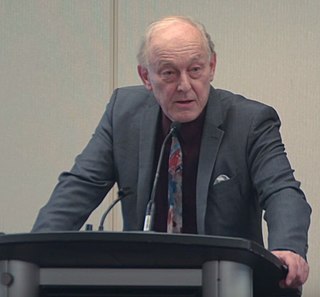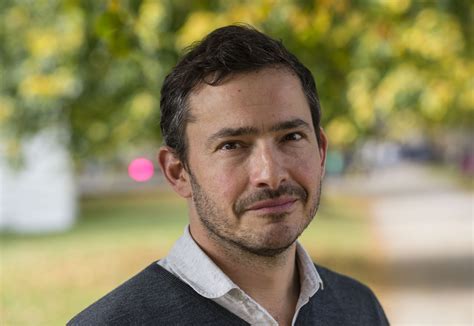A Quote by Amber Rudd
Famines are political. We all know that the immediate response to a famine must be food, aid, and shelter, but we should also look hard at what else can be done earlier on. It is not the lack of food but the fact that some people cannot get access to the food that causes the famine.
Related Quotes
With enough money and international coordination, we can push incoming asteroids out of Earth's path. We might even be able to bring back extinct animals in the lab. The problem really isn't scientific - it's cultural. We aren't yet able to coordinate ourselves as a global civilization to do something simple like bring food to a famine-stricken region. We can actually use current satellite technologies to predict where famine will strike next, but we can't get food there - usually for political reasons.
Famine emerges from a lack of interlocal trade; when one locality's food crop fails, since there is virtually no trade with other localities, the bulk of the people starve. It is precisely the permeation of the free market throughout the world that has virtually ended this scourge of famine by permitting trade between areas.
One of the problems is that the US government supports unhealthy food and does very little to support healthy food. I mean, we subsidize high fructose corn syrup. We subsidize hydrogenated corn oil. We do not subsidize organic food. We subsidize four crops that are the building blocks of fast food. And you also have to work on access. We have food deserts in our cities. We know that the distance you live from a supplier of fresh produce is one of the best predictors of your health.
In today's world, people experience two types of poverty: the poverty caused by lack of food, clothing and shelter, and the poverty caused by lack of love and compassion. Of these two, the second type needs to be considered first because if we have love and compassion in our hearts, then we will wholeheartedly serve those who suffer from lack of food, clothing and shelter.
Hunger is the worst form of deprivation of a human being. Although inability to access food is the immediate cause of hunger, the real cause in most of the incidents of hunger is lack of ability to pay for food. If we are looking for ways to end hunger then we should be looking at ways to ensure a reasonable level of income for all

































